President William Ruto is intensifying his control over the Kenyan government by implementing strict access protocols. He is also reshuffling his administration. This move raises concerns about the future of democracy in the country.
Access to the president is increasingly limited to those who have been vetted. Ruto’s critics argue that this reduction marks a significant departure from his original promises of reform and transparency. Fears are growing about a narrowing democratic space under his regime. There is also a push to potentially extend presidential terms.
Consolidation of Power
Ruto is reshaping his administration by distancing himself from long-term allies and enforcing strict access protocols. Critics argue that this consolidation of power signals a troubling trend for Kenya’s democratic space. Ruto’s economic advisor, David Ndii, has publicly dismissed concerns about the administration’s direction. He suggests that Ruto’s control is here to stay.
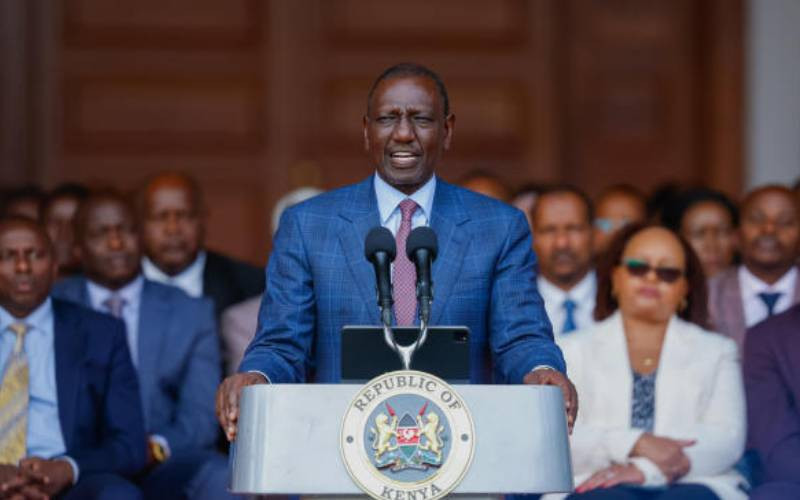
In a significant shift, Ruto’s administration is reportedly operating a covert police unit. This unit is responsible for extrajudicial killings. This situation raises serious human rights concerns. This is a stark contrast to the reformist rhetoric that characterized Ruto’s campaign.
Access Management at State House
Access to State House has become tightly regulated. Felix Koskei, the Head of Public Service, issued a memo. It mandates that all visitors must seek prior clearance before meeting Ruto. This includes high-ranking officials and foreign dignitaries. This directive aims to enhance security and control over who interacts with the president.
Koskei’s role has expanded significantly, overseeing various critical government functions and consolidating control over performance tracking of public projects. This centralization places significant power in the hands of Ruto’s close associates.
Proposed Changes to Presidential Terms
Amidst these developments, lawmakers have introduced a bill. This bill proposes to extend the presidential term from five to seven years. This bill affects other elected officials as well. It has raised eyebrows. Some see it as a move to entrench Ruto’s power further.
Erosion of Democratic Space
As Ruto consolidates power, there are growing fears that Kenya’s democratic space is narrowing. Reports from the Kenya National Commission on Human Rights indicate that the administration is involved in extrajudicial killings. These actions particularly target young protesters. Critics argue that the government’s heavy-handed approach to dissent undermines the progress made since the advent of multiparty democracy.
Internal Strife and Impeachment Moves
Ruto’s allies are making an unprecedented move. They are pushing for the impeachment of Deputy President Rigathi Gachagua. This action highlights internal divisions within the ruling coalition. This push is viewed as a strategy to eliminate potential political threats and further consolidate Ruto’s power.
Conclusion
Some supporters of Ruto believe that his consolidation of power is necessary for effective governance. However, many critics fear it signals an erosion of democratic principles. The centralization of authority threatens the foundation of Kenya’s democracy. It sacrifices dissenting voices, raising alarms among human rights advocates and political observers alike.

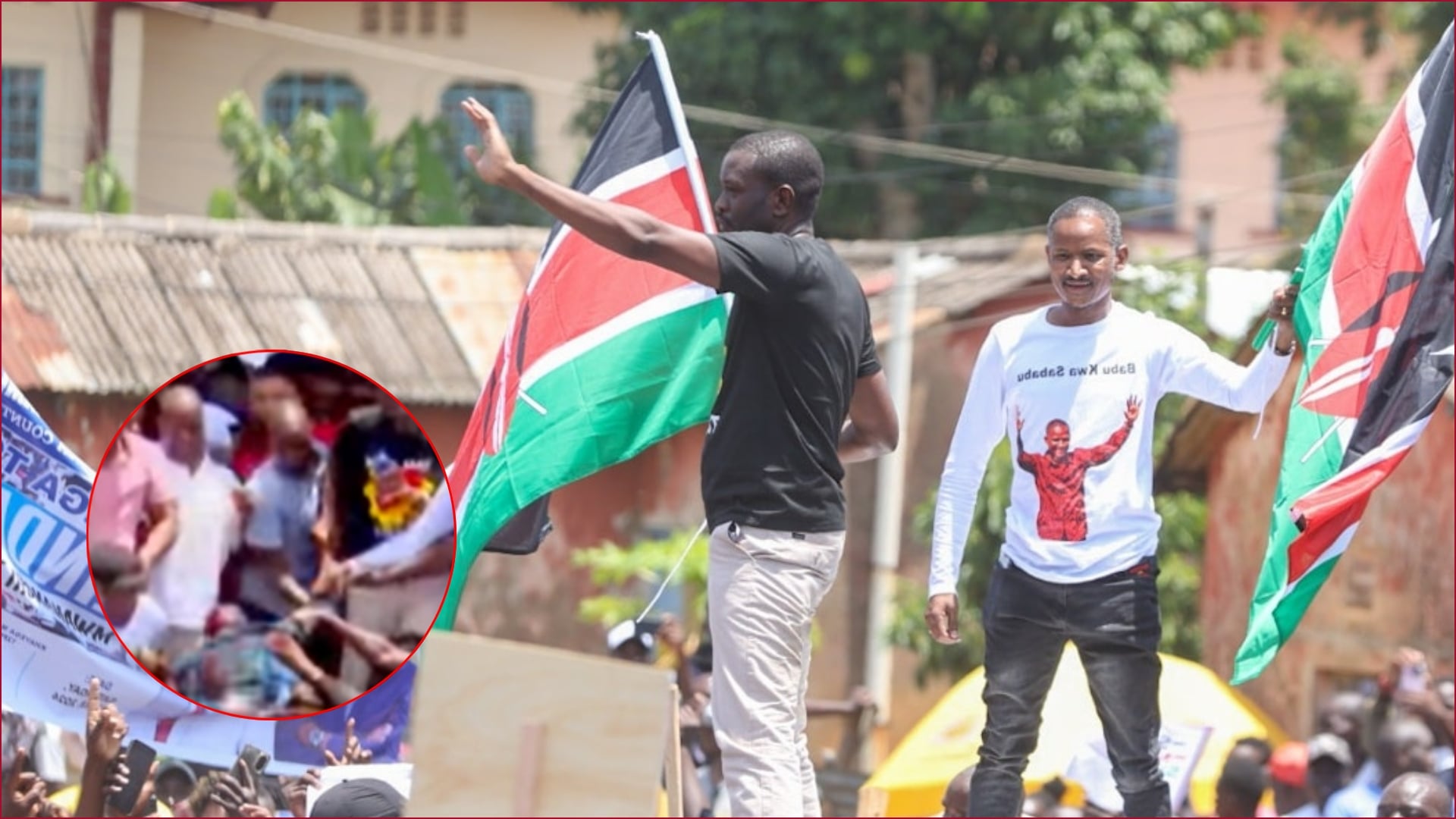
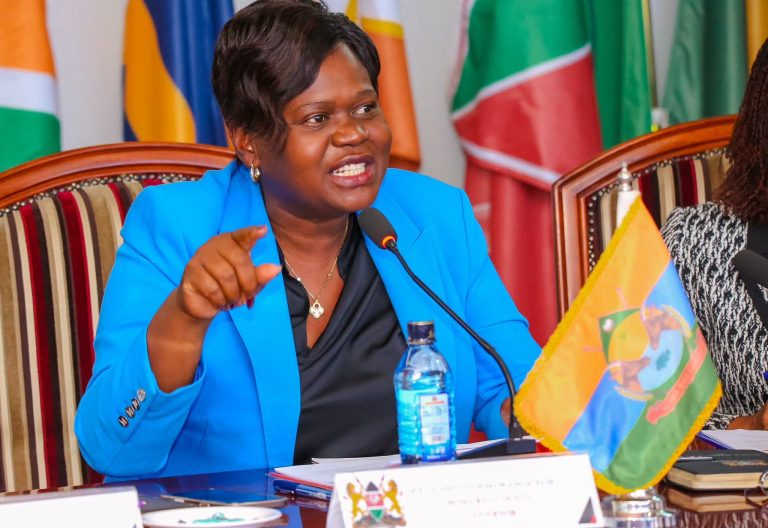
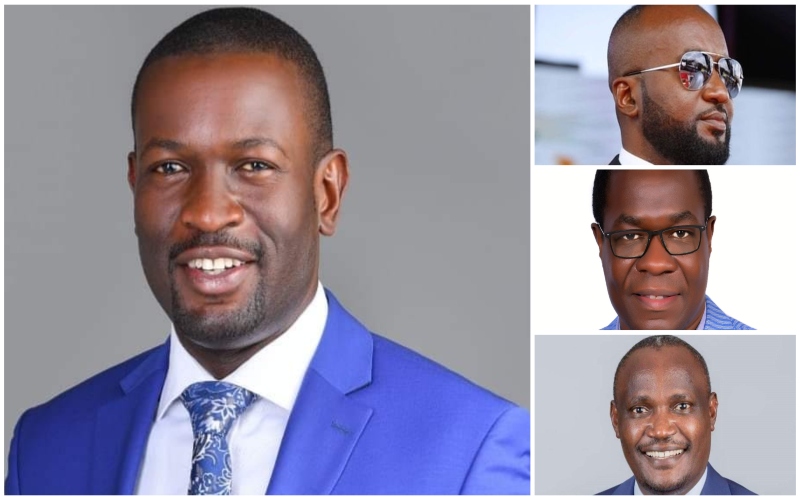

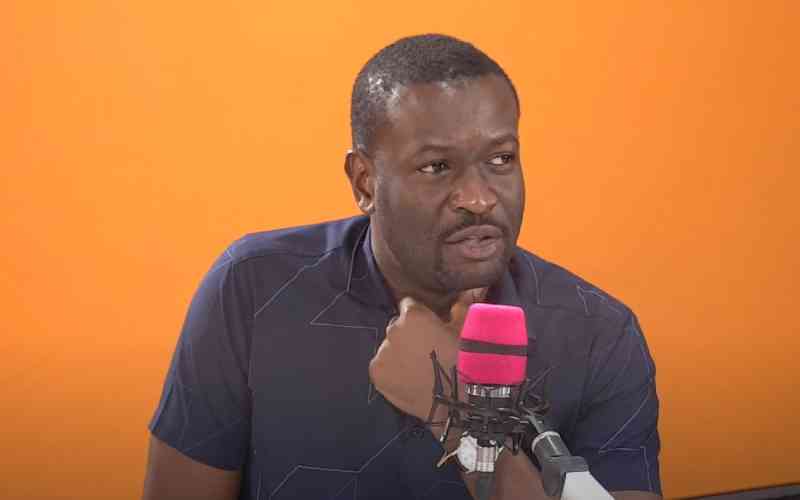
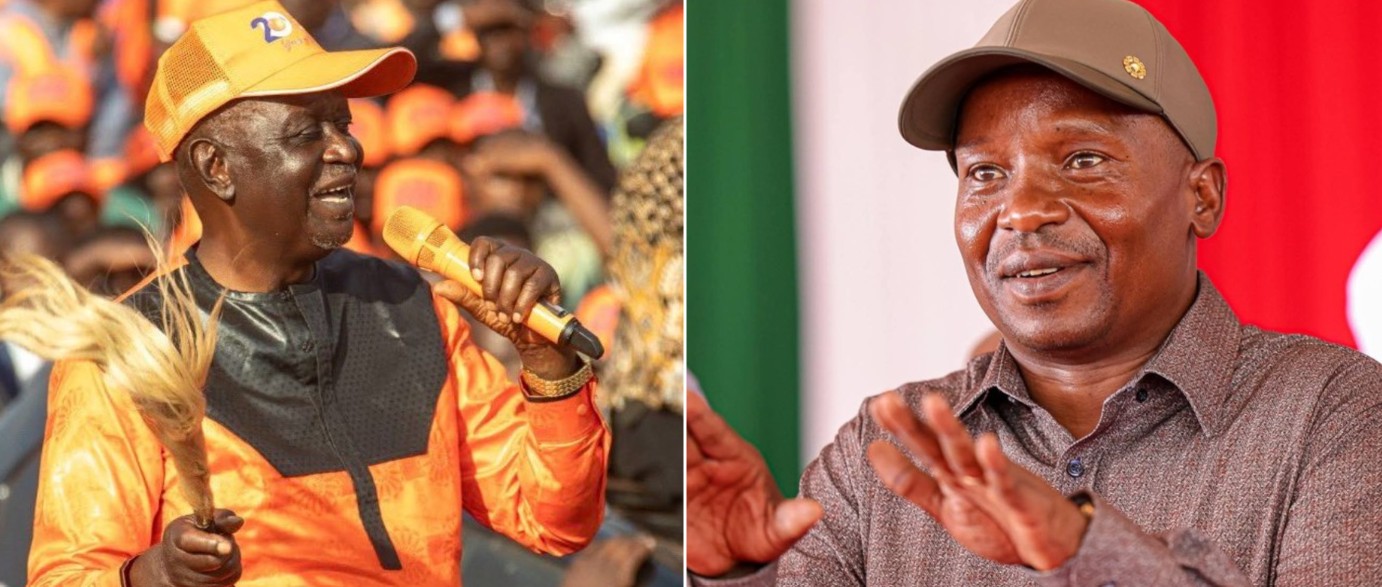
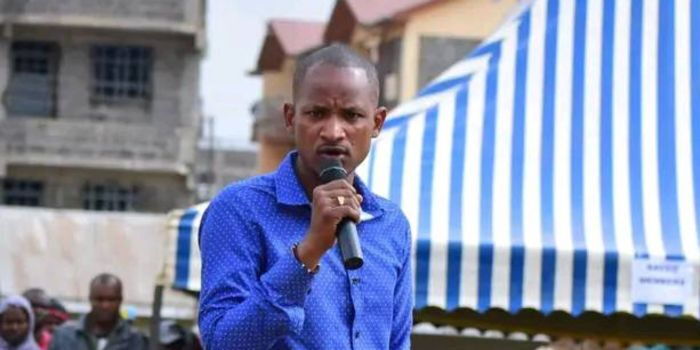
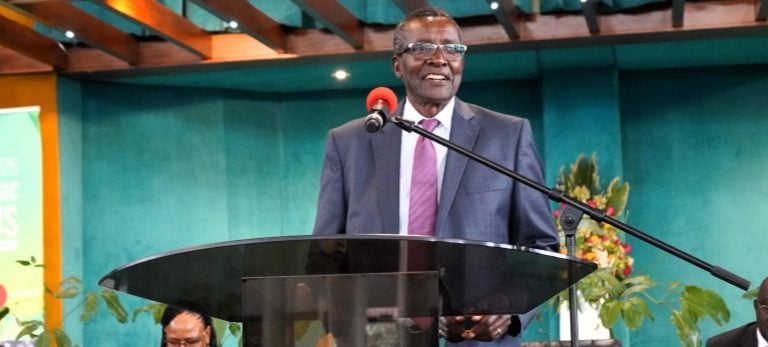
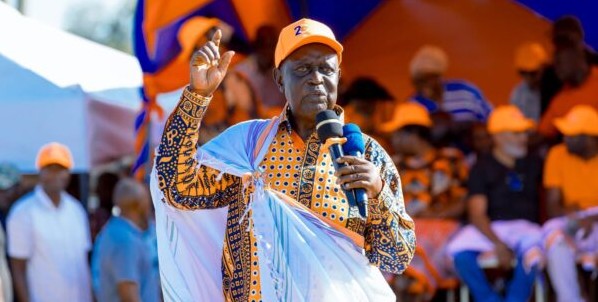
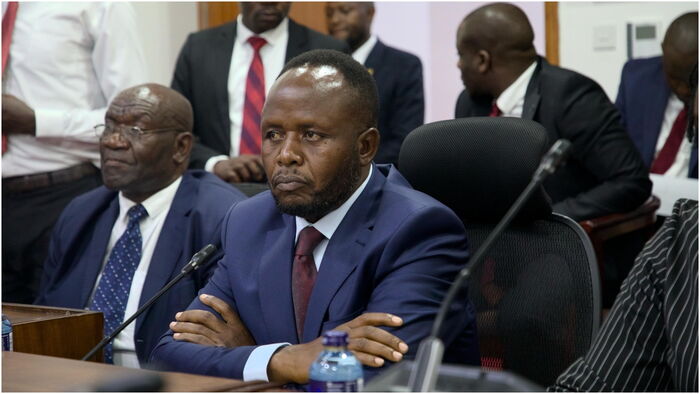
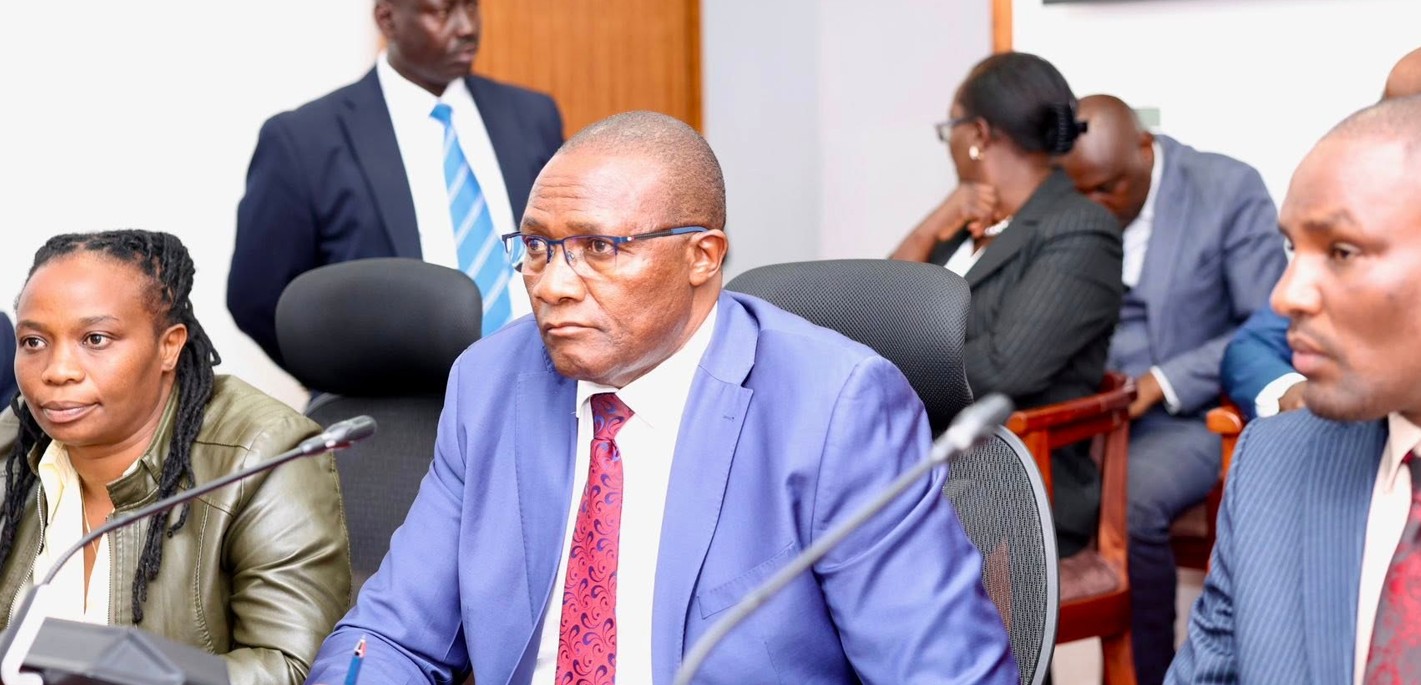
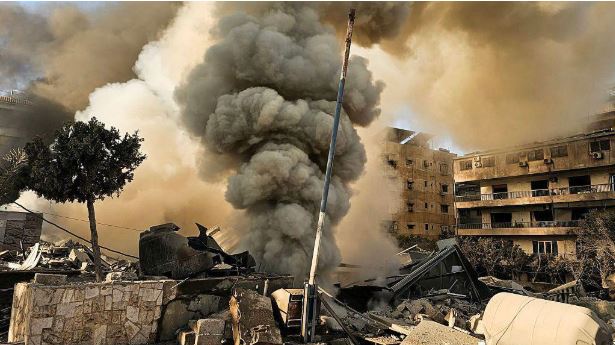
Leave a Reply